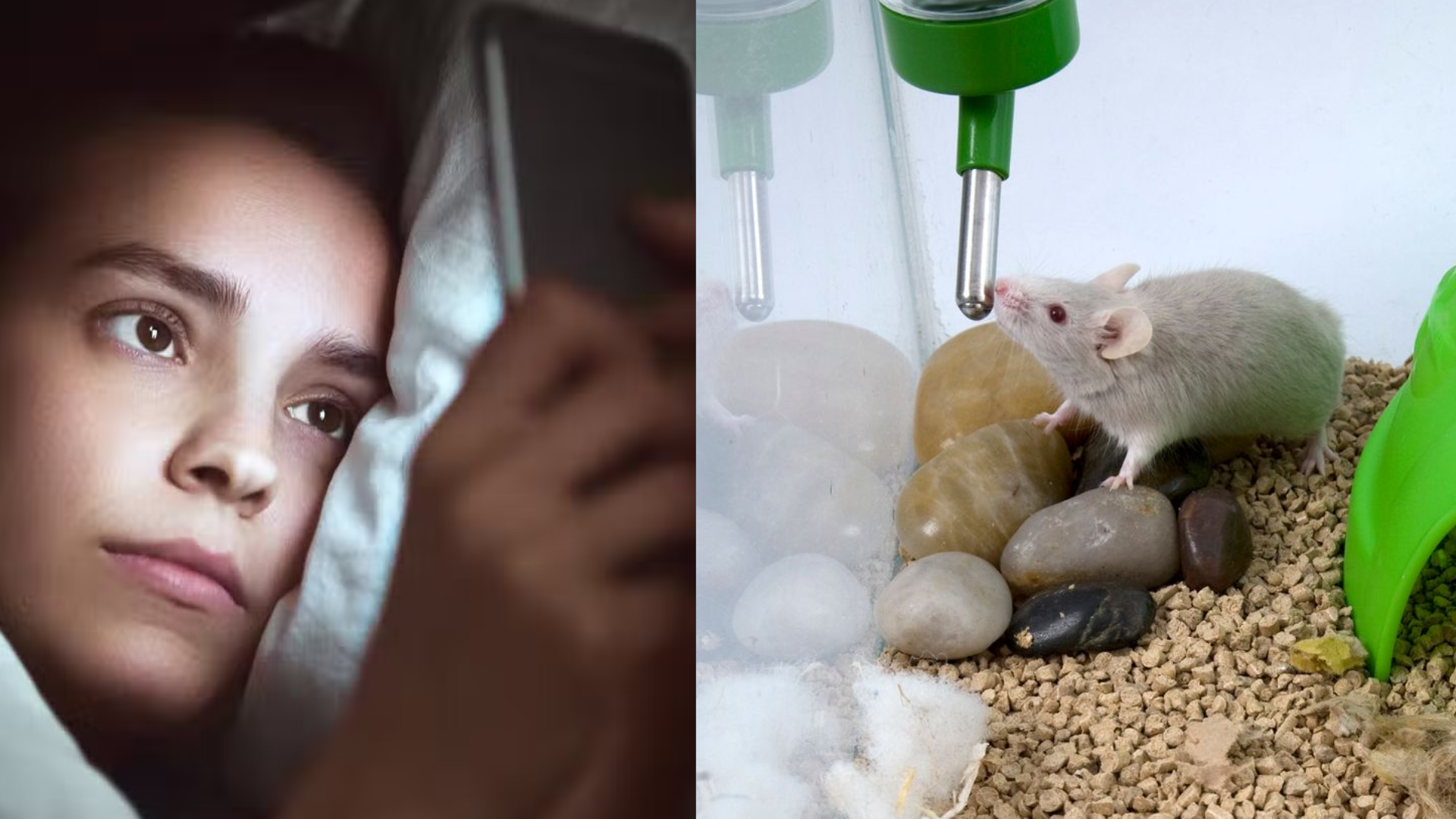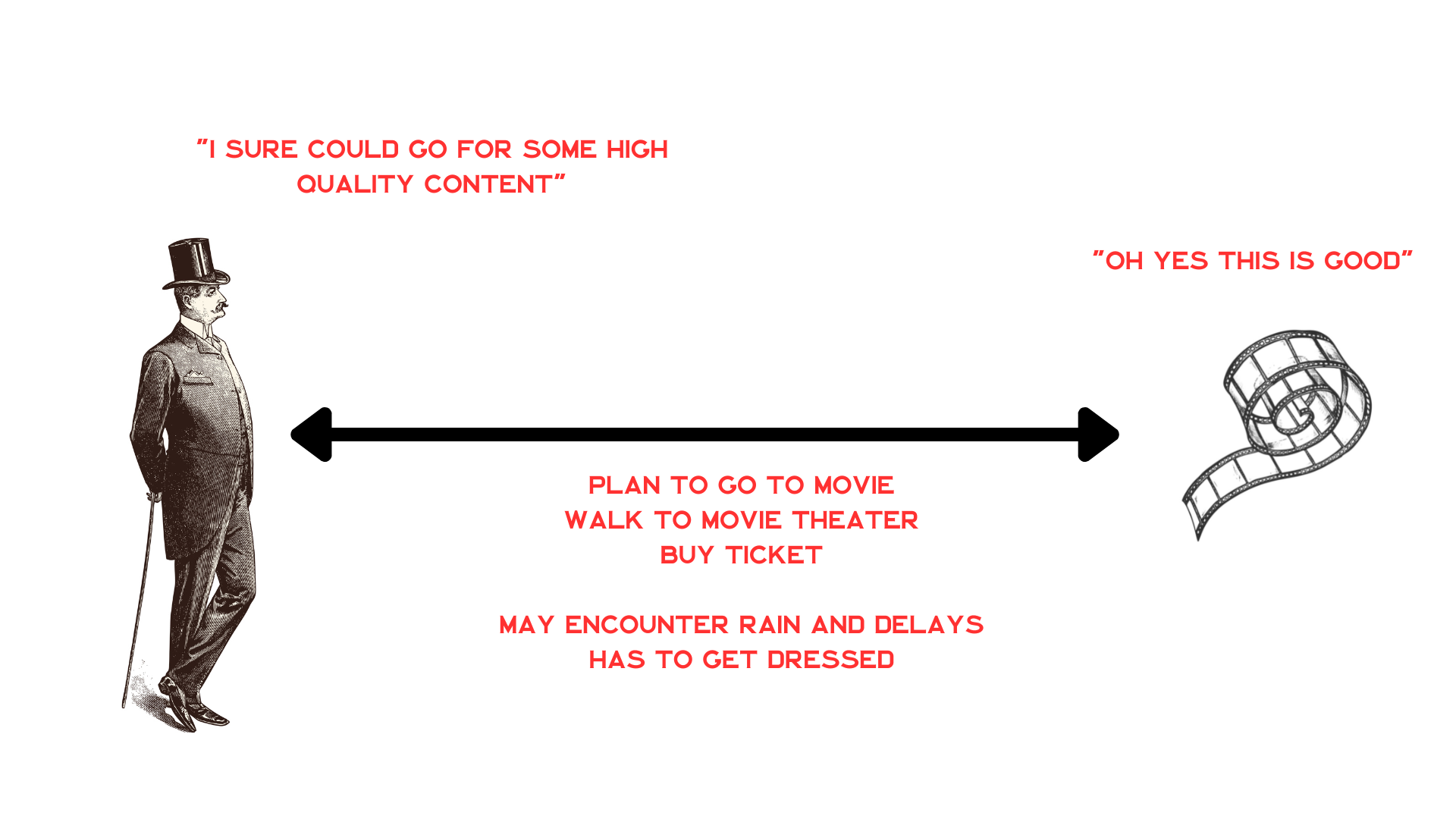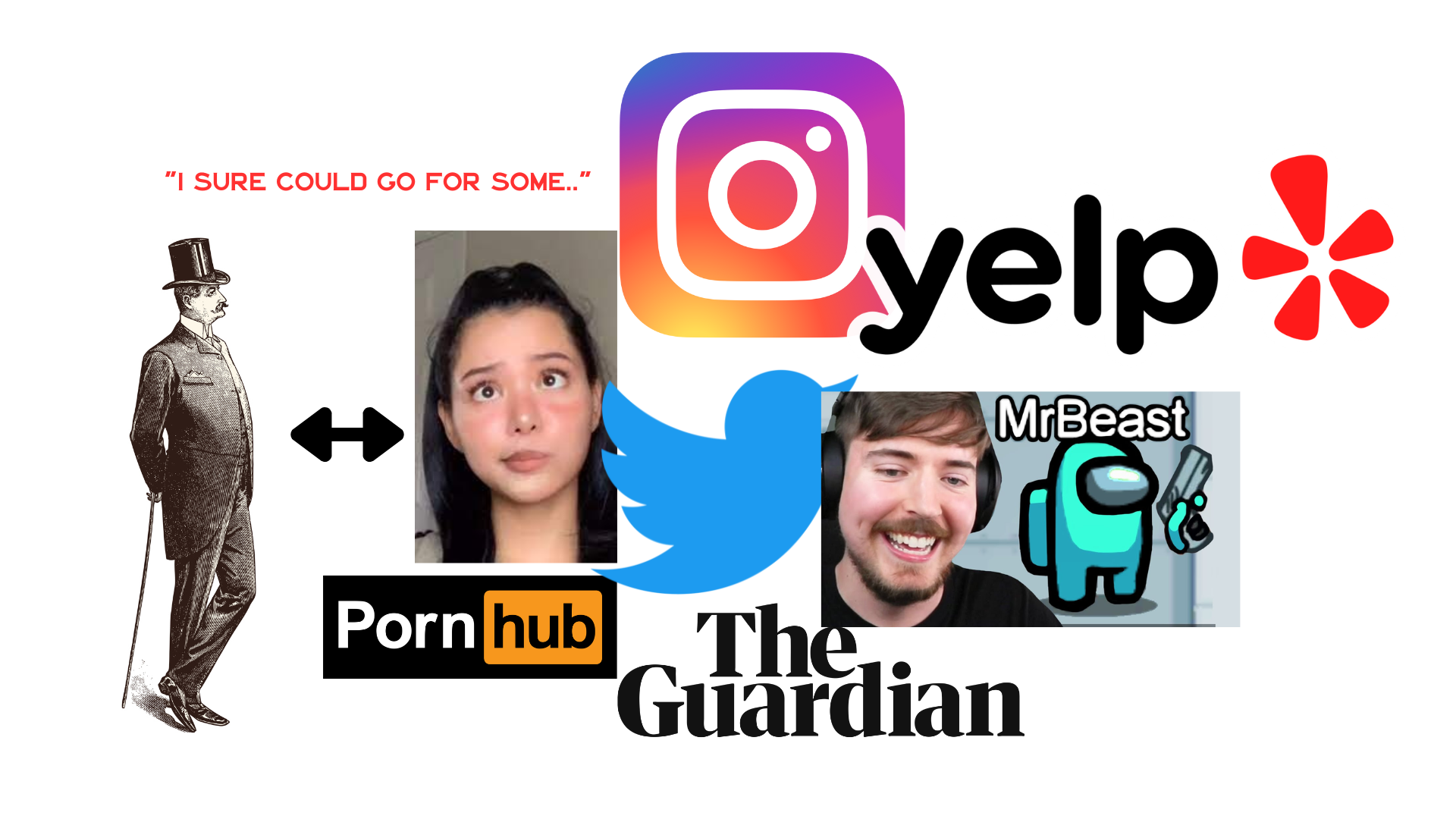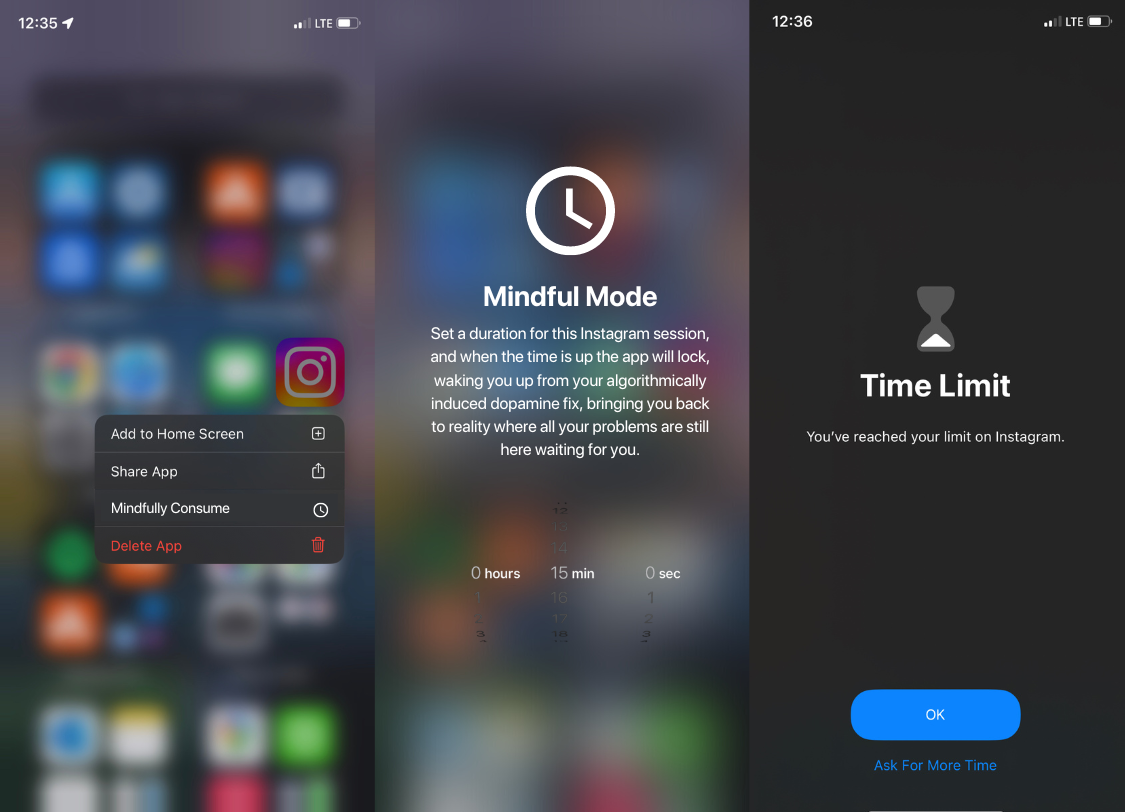Apple, please give us this feature.
Attention that can be shaped and molded to whatever ends the highest bidder wants. If attention wasn't worth anything, Superbowl spots wouldn't cost $7,000,000 for a 30-second spot.

Two weeks ago, I wrote a piece on Steve Jobs, the super-focused man who stole the world's focus. iPhones are actually only 23% of the global smartphone market, but it is hard to deny that the current market wouldn't exist without the iPhone. Harder yet to deny is that when Apple does something, other smartphone manufacturers follow (yes, I know iPhones aren't always the first to do something, please, I'm not trying to have the Apple/Android debate anymore). What started off as a tool meant to empower humanity quickly morphed into its worst addiction.
People love to note how today's smartphones are X-times more powerful than the computers that helped send humans to the moon, it's a tired comparison, but it's true. Modern smartphones are a marvel of technology, and they've indisputably made our lives better in many ways, but like any powerful tool, today's smartphones are also dangerous. Our phones have put the world's knowledge at our fingertips, made it so you can see your grandmother halfway across the globe in an instant, and even gave us tools to create art, but at the same time, they've shaped a pretty grim reality. Thanks to smartphones, the distance between craving and fulfillment does not exist anymore. Have you ever seen one of those experiments where the rat has to press a button, and they get the water with the happy chemical? That's us now, the scientists are the advertisers and content creators, and the happy chemical is the dopamine rush we get when we stare mindlessly at our screens.

Think about it, previously, if you had a craving for food, you at least had to get up and walk to the fridge. If you wanted human connection, you'd ring someone up and invest the effort in communicating back and forth. If you wanted entertainment, you'd read a book or go to the movies. There was some effort that had to be expended between the craving and the fulfillment of the desire.

Now, you get the craving. And boom, the phone comes out.

The distance no longer exists. The smartphone creators understand this. The content creators understand this. The advertisers understand this. And not only do they understand it, they optimize for it. They understand that if they give us all the dopamine we crave, we'll all hand over the most important thing, there is human attention. Attention that can be shaped and molded to whatever ends the highest bidder wants. If attention wasn't worth anything, Superbowl spots wouldn't cost $7,000,000 for a 30-second spot. So we willingly give away our attention for momentary pleasure, and the buyer of our pleasure then uses it to shape reality. If they're selling cars, they'll guide our attention to the dealerships. If they're selling a candidate they'll have us cheering MAGA. And if they're molding sentiments, you won't even realize it; you'll just internalize the ideas and then express them in your way later on.
I'm going, to be honest with you, I'm not one of these people who supports government intervention. I know there is a problem, but I don't have faith in the government to fix the problem; they'd probably just muddy the waters and then scream they made things better. I believe that no matter what happens, the final responsibility rests on the individual. I also believe that the free market can solve this kind of issue. Rather than attracting the attention of regulators, the intelligent company should self-regulate. Meet the people in the middle. Place guard rails in the system. Seat belts were not government mandated; they came out of the auto industry. You can't expect the government to regulate tech when they don't even know that Google doesn't make the iPhone. Give us tools that will empower us. With that, I have a suggestion for an iPhone feature that I think would help alleviate this problem.
One of the things that make our smartphones so addictive is how frictionless and sticky the experiences on them are. Developers want us on their apps for longer, and they want to make it easier for us to be on them. The longer we're on the apps, the more money they make, the more advertisers run ads, and the more we're likely to buy something. UX designers channel you to whatever ends they want. Amazon makes it super easy to buy something on their site, but super hard to find a customer service phone number. Why do you think that is?
My solution is to make it a little harder to get sucked into the apps. Allow us to plan our experiences while we can still think clearly before we jump into the app. You ever go to Costco without a shopping list? You wind up buying everything. When you have a shopping list, you go into the store with intention and select what you came there for. Scrolling our phones is a lot like that; we open Instagram for a momentary pause, and the reels and stories and pretty pictures suck us in, and before we know it, 20 minutes have flown by. What if you could mindfully consume your apps? What if you made yourself a promise before opening Instagram, I'm only scrolling for 5 minutes before getting back to work. That's the gist of my idea. A prompt comes up before the app opens up; it asks you how long you want to spend on the app, and then after that duration elapses, the app locks. This solution puts you back in the driver's seat. Before you open the app, your mind is yours; once the app opens up, you're like Alice falling into wonderland. Allow us to decide before we're impaired.


